Tag: device alerts

Concerns raised over new vaginal mesh guidelines
Following last year’s widespread pause, the new vaginal mesh guidelines have been published. Understandably, concerns have been raised that they may not good enough.
We can tell you from experience that the complications and suffering that women can endure when vaginal mesh surgery goes wrong can be horrendous. We’re acting for women on a No Win, No Fee basis who are making claims for personal injury compensation because of problems they’ve experienced. With some women left unable to work or walk ever again, the continued use of these devices must be heavily scrutinised.
Concerns have been raised that the new vaginal mesh guidelines that have been published haven’t considered the experiences of the victims, and don’t go far enough to protect women who may undergo the procedure.

Act now if you’re suffering from hernia mesh problems
The Group Action Lawyers are calling on people to act now when suffering with hernia mesh problems, and join others claiming with us.
We’re offering No Win, No Fee representation for victims who wish to claim for hernia mesh compensation. We’re already acting for a number of people suffering with problems, and it’s important to act now to secure compensation.
Medical group actions can often mean there are potentially complicated or unclear timeframes to claim. Now we’re in a new year, make sure that your hernia mesh compensation case is high up on your list of things to sort out!
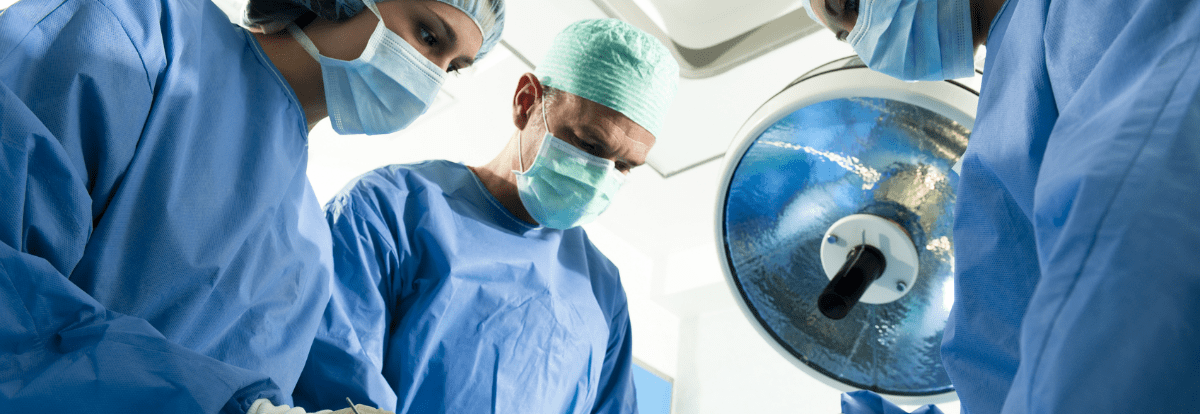
Bone cement complications from product recall
A regulator warning earlier this year stemmed from bone cement complications caused by an issue with the product itself.
A risk of the need for revision surgery from the use of Optipac 40 Refobacin Revision and Optipac 80 Refobacin Revision was identified. Manufacturer, Biomet UK Limited, issued a Field Safety Notice at the end of last year. The UK’s medical regulator, the MHRA (Medicines and Healthcare products Regulatory Agency), issued their own recall advice off the back of the findings.
Anyone who has suffered with bone cement complications may find the reason is to do with the product itself as opposed to failed surgery.
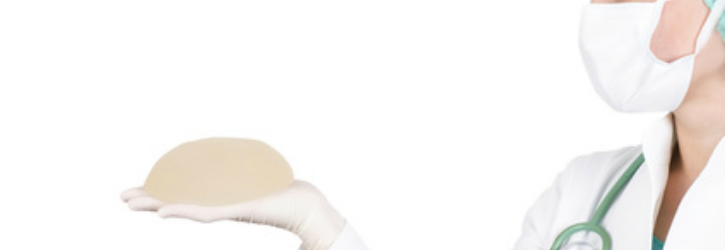
Breast implants cancer reporting intensifies
There has been an intensification in the need for breast implants cancer reporting. This stems from a greater focus on identifying links between implants and certain types of cancer.
We know all too well about the problems that breast implants can caused. We’re still battling for justice for women affected by the PIP Breast Implant scandal. We’ve already recovered over £1.3m in damages, and we continue to fight for UK victims here and in France.
Regulators continue to investigate links between breast implants and rare forms of cancer. Both clinicians and patients are being asked to be aware of the need to take precautions and report adverse incidents.

Aquilon nebulisers – CE mark withdrawn and supply ceased, but many have remained on the market
Despite withdrawal of the CE safety marking for Aquilon series of nebulisers, manufactured by AFP Medical, the nebulisers have still been placed on the market. A number of devices may have been sold despite the withdrawal of the CE marking, which means the safety of the product cannot be guaranteed.
CE safety certification is vital for consumer and supplier confidence in a product, and when it comes to medical products, such approval – or withdrawal, as is the case here – can be even more important.
Continue Reading…
Medtronic recalls disposable diabetes infusion sets over risk of causing hypoglycemia
Medical device manufacturer Medtronic Plc is recalling disposable diabetes infusion sets as a possible defect may trigger excessive doses of insulin to the diabetic user, putting them at risk of hypoglycemia.
The recall reportedly affects insulin infusion sets distributed all over the world.
The device, connected to an insulin pump, features thin plastic tubing with a needle or cannula at the end to carry insulin into the body when needed. However, apparently, “one in every two million” sets may contain a “complication”.
Continue Reading…
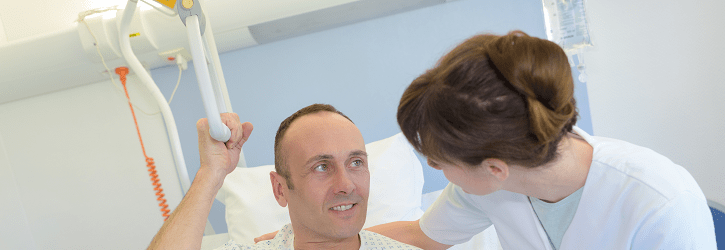
Medical device alert for Freeway Easy Fit system overhead hoists
Manufactured by Prism, the Freeway Easy Fit system helps carers carry patients with little or no mobility so they can be safely moved across short distances; e.g. from their bed into a chair. The overhead hoists consist of a reinforced metal frame to which a hoist motor is attached, joining the flexible sling that the patient is carried in.
However, a recent incident saw a securing pin for the mounting hoops on the hoist dislodge, allowing the hoop to detach. Given that hoist injuries at work are actually incredibly common and often lead to serious injuries to patients and back injuries for employees, this is an important alert and issue to resolve.
Continue Reading…
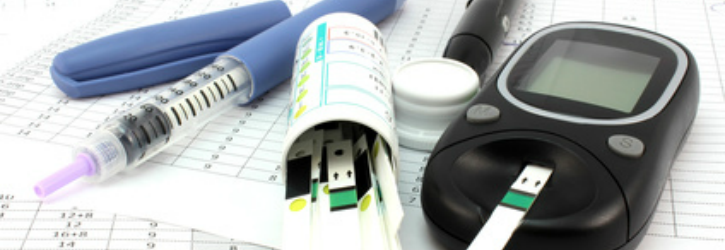
Risk of alarm failure in Accu-Chek Insight insulin pumps could lead to hyperglycaemia
Another issue with insulin devices. These life-saving devices are so important in modern society, so any issue with them is huge.
Diabetics and healthcare providers are urged to check Accu-Chek Insight insulin pump display screens regularly as the alarms on the devices may reportedly fail due to an electrical error. Manufactured by Roche Diabetes Care, the audible alarm and the vibration alarm may not work properly, therefore failing to notify the user of high blood-sugar levels.
A very serious issue indeed.
Continue Reading…
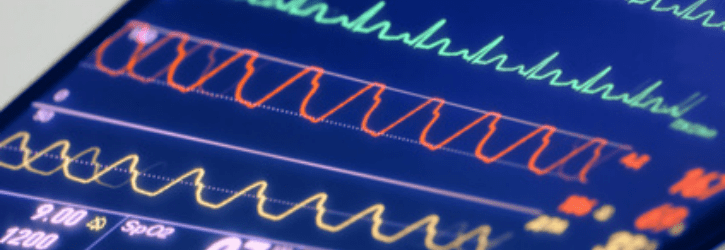
Another Medical Device Alert for Intra-Aortic Balloon Pump for a different fault!
The Medicines and Healthcare products Regulatory Agency (MHRA) has issued another medical device alert for intra-aortic balloon pumps, made by Maquet/Getinge. The alert closely follows the one issued over the Datascope Corp’s similar devices that were found to have an electrical fault.
This new alert identifies a “false blood detection alarm and/or fluid ingress” that can also risk failure of therapy to patients. The medical device is used to help the patient’s blood flow, pumping at the same rate as a heartbeat, and is usually used for patients whose hearts may not be strong enough to function alone.
Continue Reading…

MHRA issues medical alert over Comprehensive Nano Humeral Components
The Medical Health products Regulatory Agency (MHRA) has issued a medical device alert over Zimmer Biomet made Comprehensive Nano Humeral Components over risks of needing revision surgery when used in reverse configuration.
The manufacturer produced a medical device field safety notice earlier in June warning users of the less than accurate labelling on the devices.
The comprehensive ‘nano humeral component’ is usually used in the anatomic or reverse configuration, but after an annual review was conducted, the study data indicated the device was not fit for use in the reverse configuration.
Continue Reading…